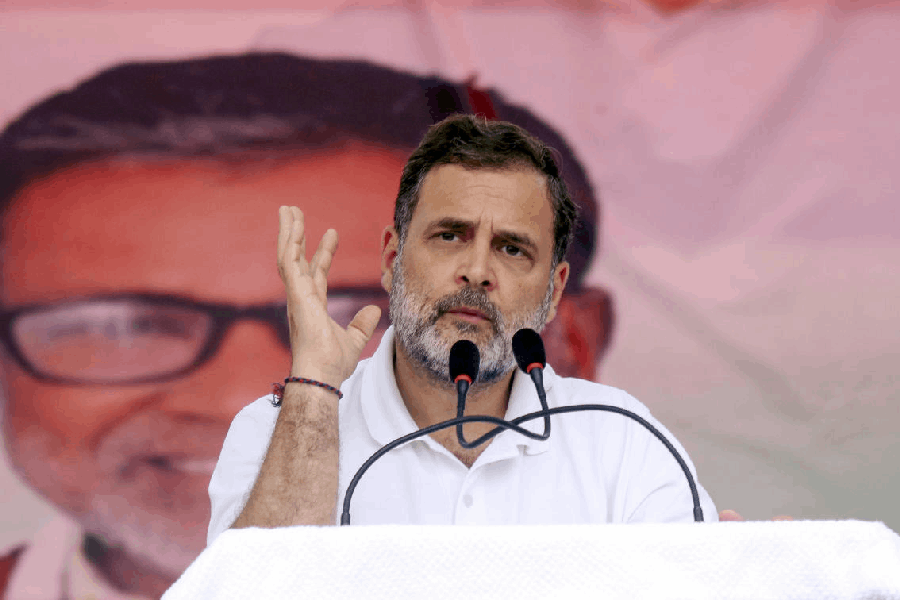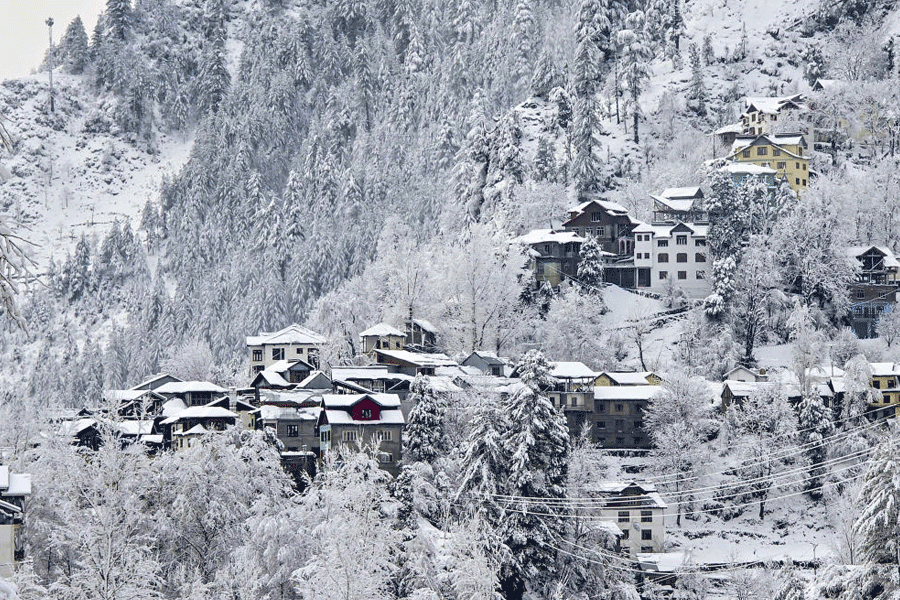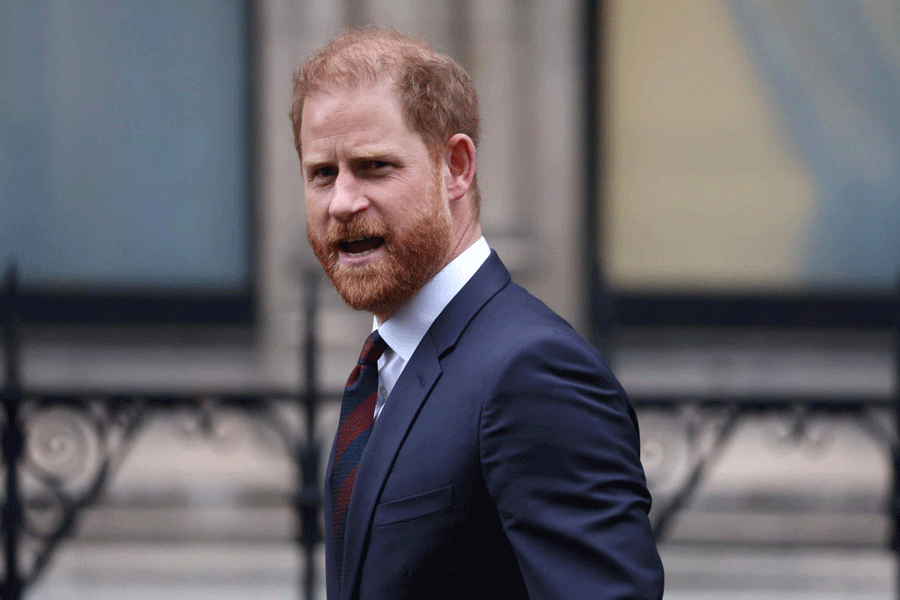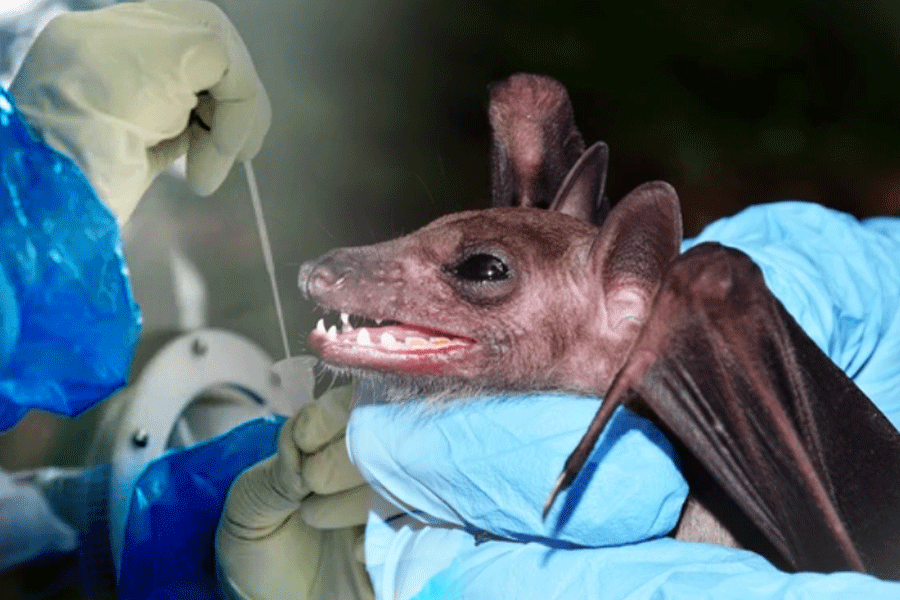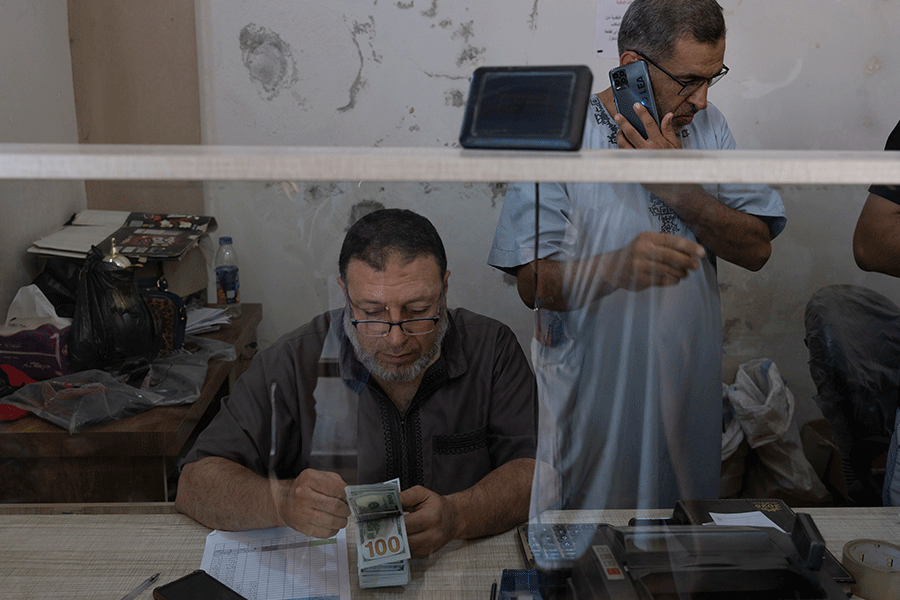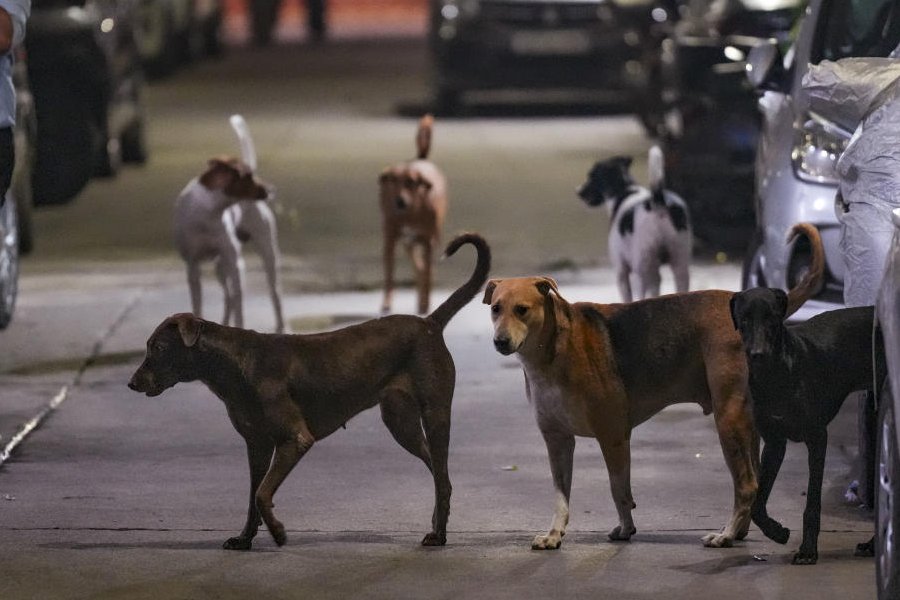Bhubaneswar, May 12: Justice P.K. Mohanty Commission that probed into the circumstances leading to the death of 13 tribals in police firing at Kalinga Nagar in Jajpur district on January 2, 2006, has not found anyone guilty.
The observation of the Mohanty commission was known after the government decided to make the report public after two years of its submission. The Naveen Patnaik cabinet in a meeting held yesterday decided to lay the commission's report before the Assembly in its next session. The government will also place the action taken report in the House.
Following the cabinet meeting, home secretary Asit Kumar Tripathy also said that the commission did not recommend "any punitive action" against anybody.
On January 2, 2006, Kalinga Nagar, where the Tatas had acquired land for a Rs 15,400-crore six-million-tonne steel plant, witnessed a violent clash between cops and tribals who feared displacement.
The violence spiralled as hundreds of tribals armed with bows and arrows asked contractors to stop building the compound wall on a land the Tatas had acquired for the project. The protest turned violent and tribals allegedly hacked constable Gopa Mohanty to death. "As the situation was threatening to spiral out of control, our forces had to open fire, the then director-general of police Suchit Das had said.
The police firing left 13 tribals dead, which chief minister Naveen Patnaik had termed unfortunate.
The incident had thrown a spanner the industrialisation drive of the Naveen Patnaik government. Though in a knee-jerk response, Naveen had shifted Jajpur collector Saswat Mishra and police chief Binaytosh Mishra, no disciplinary action had been taken against any official.
Later in the face of nationwide uproar, the state government had constituted the Justice A.S. Naidu Commission to probe into firing and subsequent deaths at Kalinga Nagar. However, the panel was dissolved in May 2007 following a Supreme Court order that a sitting judge of a high court could not head an inquiry commission.
Subsequently, Justice R.K. Patra Commission was constituted in January 2008. It recorded statements of the then collector and the Jajpur superintendent of police. With the state government appointing Justice Patra as Lokpal, this commission, too, was closed and the Justice P.K. Mohanty Commission was entrusted with the inquiry.
The government has spent Rs 2 crore on the commission that was instituted on February 4, 2006, and finally submitted its report to the government on July 3, 2015.
Now the clean chit of the judicial commission to government officials has raised questions on its credibility.
"The report is superfluous and biased. Such reports can't be trusted," said senior BJP leader Biswa Bhusan Harichandan. "Thirteen tribals and a police havildar had died in the clash between the cops and agitators that led to the firing. How is it that no one has been found guilty? Somebody must be made accountable for the incident."
Incidentally, Harichandan was the industries and law minister in the BJD-BJP coalition government when the incident had occurred.
Senior Congress leader and former industries minister Niranjan Patnaik rejected the cabinet decision to accept the report of a "sterile" commission and described it as a "carefully orchestrated whitewash".
He demanded that the report be discussed in the Assembly in a free atmosphere without issuing party whip.
"Naveen babu should show moral courage by letting his party MLAs express their views on the findings of the Commission unencumbered by party whip," he said.
Leader of Opposition Narasingha Mishra said the government was required to table the inquiry report within six months of its submission to the government and its contents should be kept secret till then. "Though the Commission has submitted its report in July, 2015, the government is now going to place it in the Assembly after two years. The government has also breached the secrecy (by revealing the contents of the report). It's just a mockery of democracy," said Mishra.
Official sources said the state government had given the explanation that the police force was compelled to open fire in self-defence as the mob had attacked and killed a havildar. The police had filed a case under section 302 and filed a charge sheet against a few persons including Maoist leader Anna Reddy, who were lodged in jail.
The firing incident had also sparked off another controversy after the bodies of five of the firing victims with their palms chopped off were handed over to their families by the Jajpur district administration on January 4. The government dismissed the three doctors, who had chopped off palms, on October 24, 2008. They were, however, reinstated following court orders.


